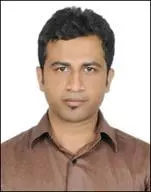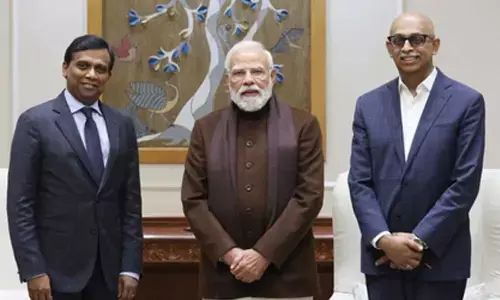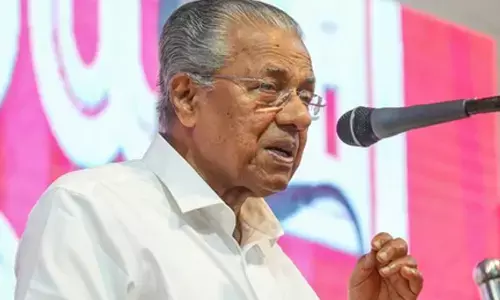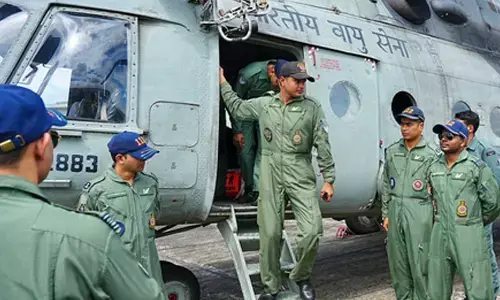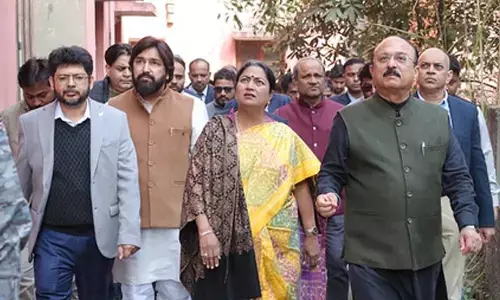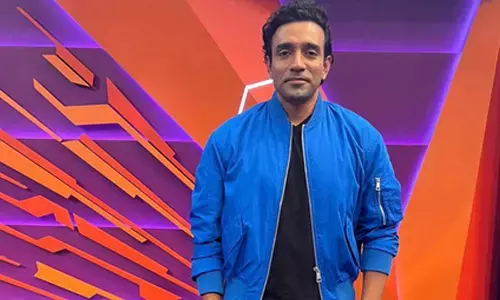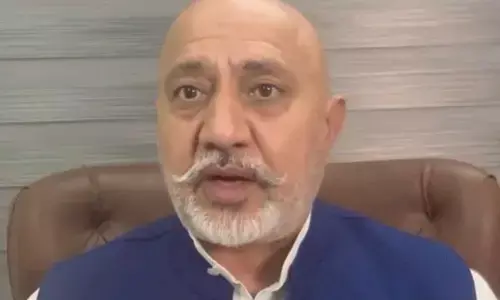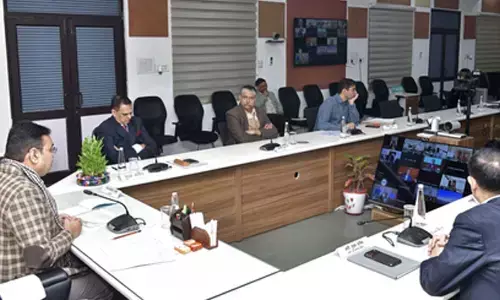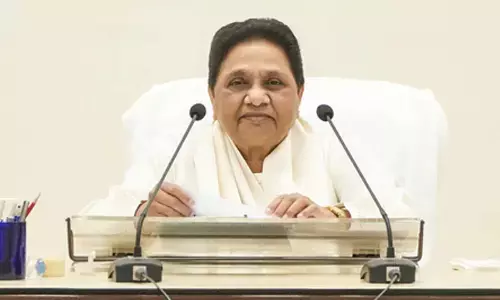Critically injured children need to be managed in paediatric trauma centers, says study
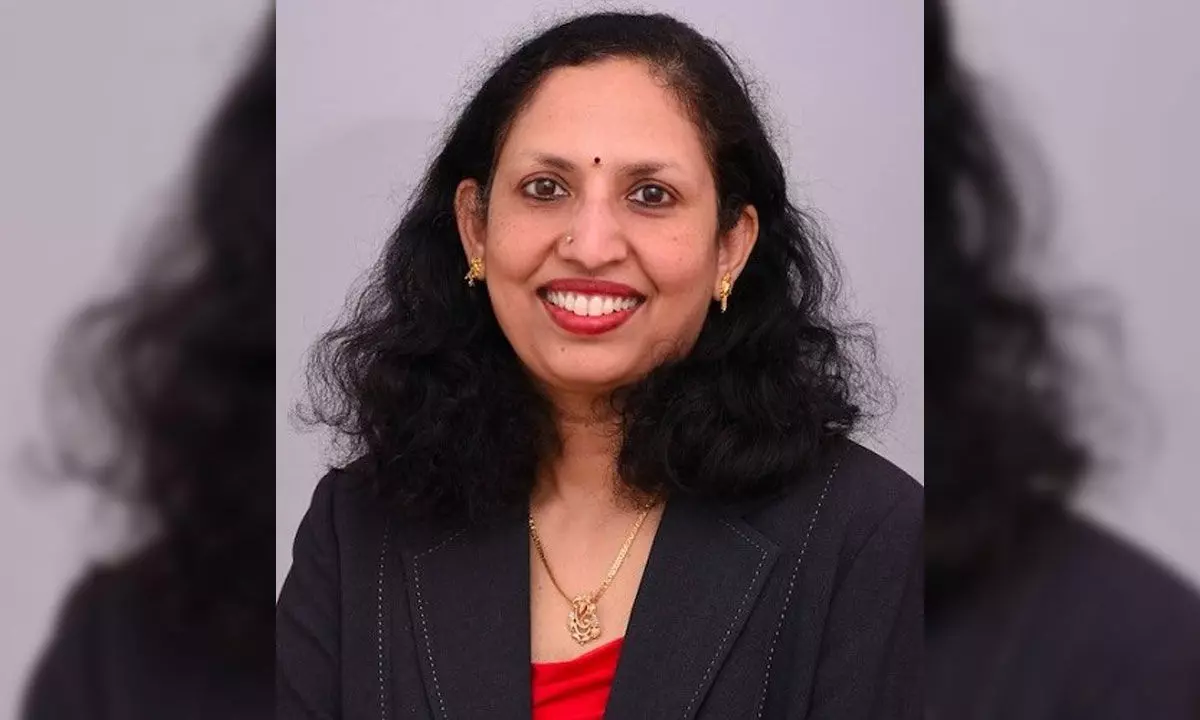
Dr. Sujatha Thyagarajan
On the occasion of "World Trauma Day", Paediatric trauma experts raise concerns about safety regulations for children to prevent life-threatening injuries.
Bengaluru: On the occasion of "World Trauma Day", Paediatric trauma experts raise concerns about safety regulations for children to prevent life-threatening injuries. Paediatric trauma experts from Bengaluru and Chennai shared the reports of the research of the profile of critically injured children as part of a multi-centre observational study – TRIP study (Trauma Research in Paediatrics).
Experts from St John's Medical College, Aster RV Hospital and Aster CMI Hospital, Rainbow children Hospital (Marathalli), Bangalore Baptist Hospital, Sparsh Hospital (Yeshwantpur) from Bangalore and Apollo children's Hospital, SRMC, SIMS (Vadapalani), KKTCH and ICH from Chennai were part of the study. The study spanning over 2 years with data collection from July 2020 to September 2022 showed nearly 260 critically injured children were admitted to the paediatric intensive care during this time in 10 centres that participated in the study.
The key findings of the TRIP study are 45% of them were under the 5 years age group, followed by 20% in 5-10 years. 70% of the injured kids were males. Road Traffic accidents and falls from height >10ft top the list of critical head injuries. Spillage of hot liquids and electricity burns common in critical burns admissions. Majority 64% were brought by ambulance to the trauma centre, but a significant number arrived in their own vehicles or autos without medical supervision Over 10% of critically injured children died during hospitalization. Interventions such as the need for Oxygenation (16%) and intubation and ventilation (17%) on arrival and a further 20% requiring immediate airway and breathing stabilization in ER following arrival were noted.
As 28% of critically injured children required blood product transfusion of which 7 children (2.6%) had massive transfusions for life-threatening bleeding. Traumatic brain injuries were observed in 70% of cases of which 25% were of severe grade and 13 % of such children required emergency neurosurgery.
Stressing the need to make optimum use of the golden hour, Lead of Paediatrics and Paediatric Intensive care at Aster RV Hospital, Bengaluru, and the primary investigator of the TRIP study, Dr Sujatha Thyagarajan said, "Injuries in children can be of variable severity, minor to life-threatening requiring specialist trauma services and intensive care services. Children have poor reserves to cope with severe injuries and hence children need to be managed in the right place at the right time to provide good outcomes.
There is a concept of golden hour and platinum minutes to save a life in trauma. However, the majority of the time, an injured child is taken to the nearest medical facility which may even be a clinic with the capacity for only First-aid care to multiple hospital facilities that lack paediatric trauma expertise. This can lead to severe time traps, especially to a critically injured child leading to devastating outcomes."
"Child safety is a priority especially at home to prevent falls from heights and accidental hot-liquid spillage or electrical burns in children," quoted Dr. Lalitha AV, Professor and HOD of PICU at St John's Hospital, Bengaluru and the Co-primary Investigator for TRIP study.
"It is the collective moral responsibility of the public including parents, teachers, caregivers, and the government to protect children from life-threatening injuries which is a preventable cause of death," said Dr Lakshmi KS, PICU consultant at Bengaluru Baptist Hospital. "There is an urgent need for up-regulating road safety standards especially involving motorbikes" said Dr Deepak, PICU Consultant at Rainbow Children's Hospital, Marathalli, Bengaluru.
"Public vigilance and awareness are warranted to ensure the child is transferred safely via ambulance to the nearest pediatric trauma care center." said Dr Anil M U, PICU Lead at Sparsh Hospital, Yeshwantpur.

